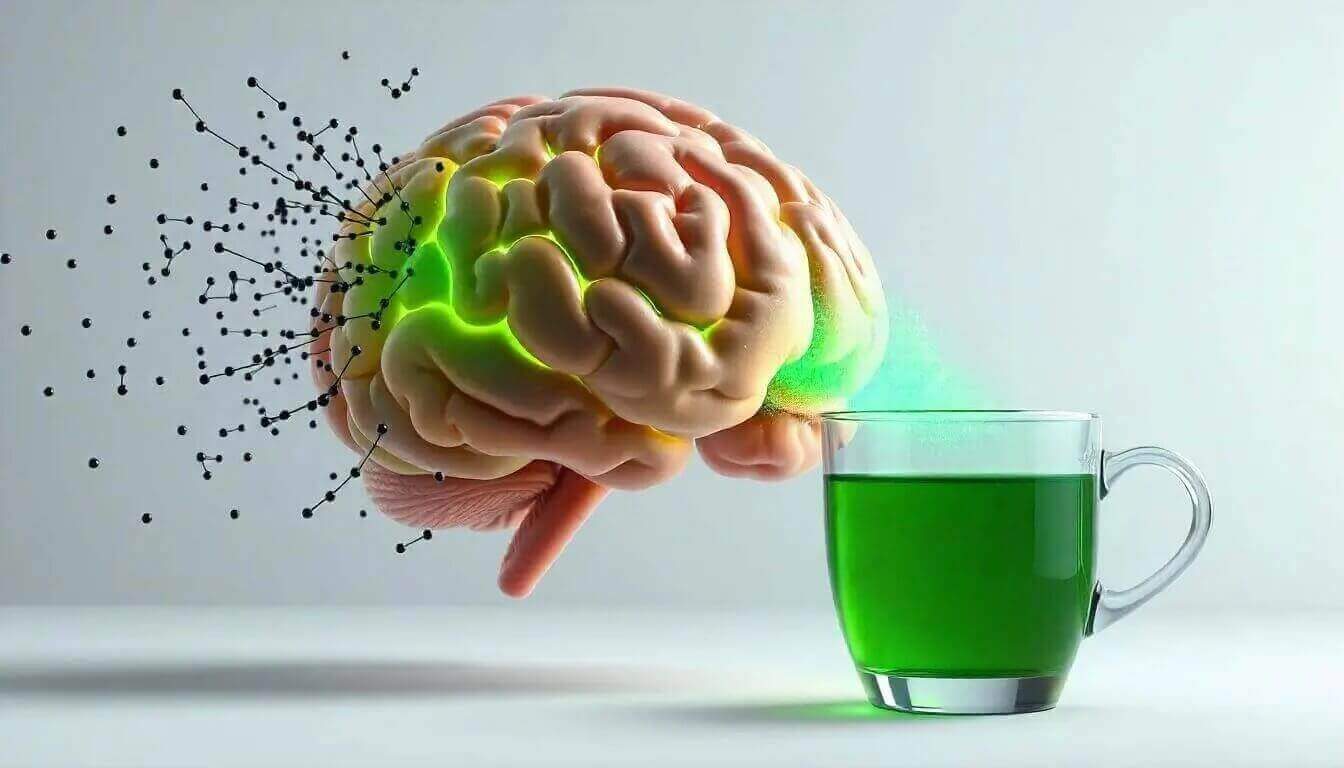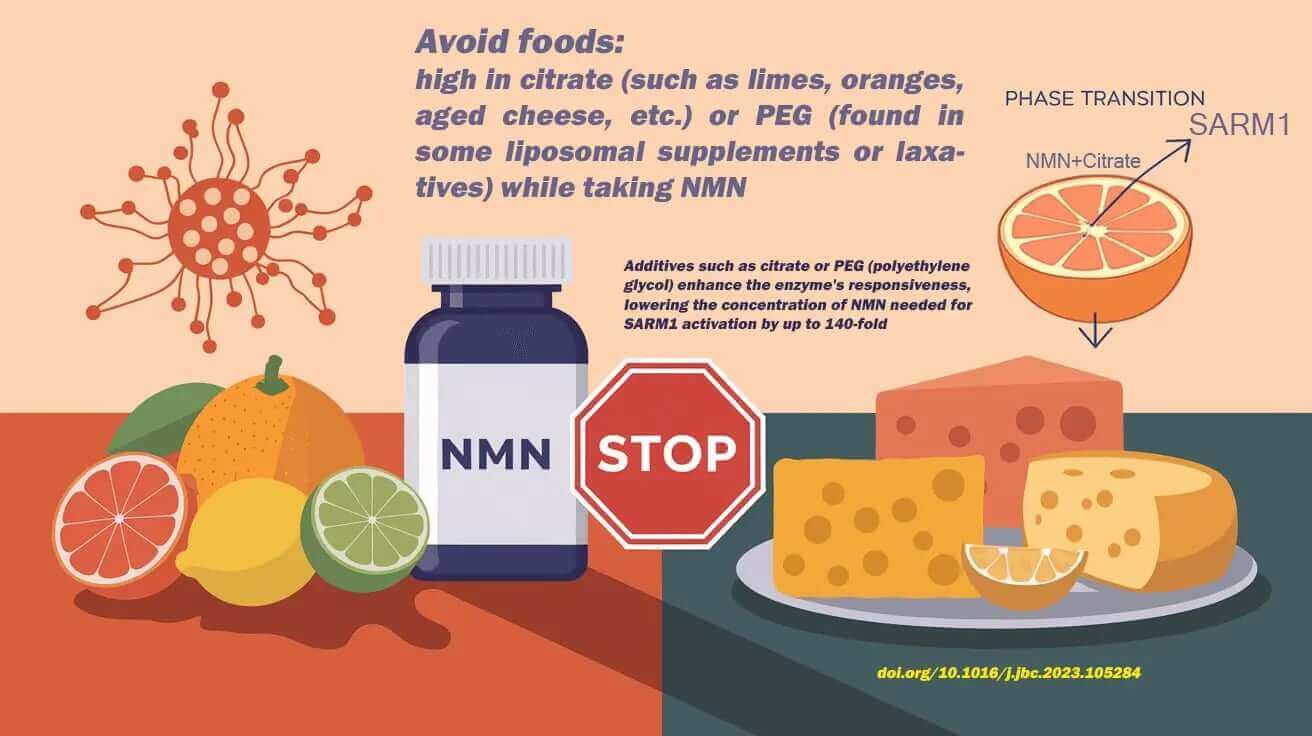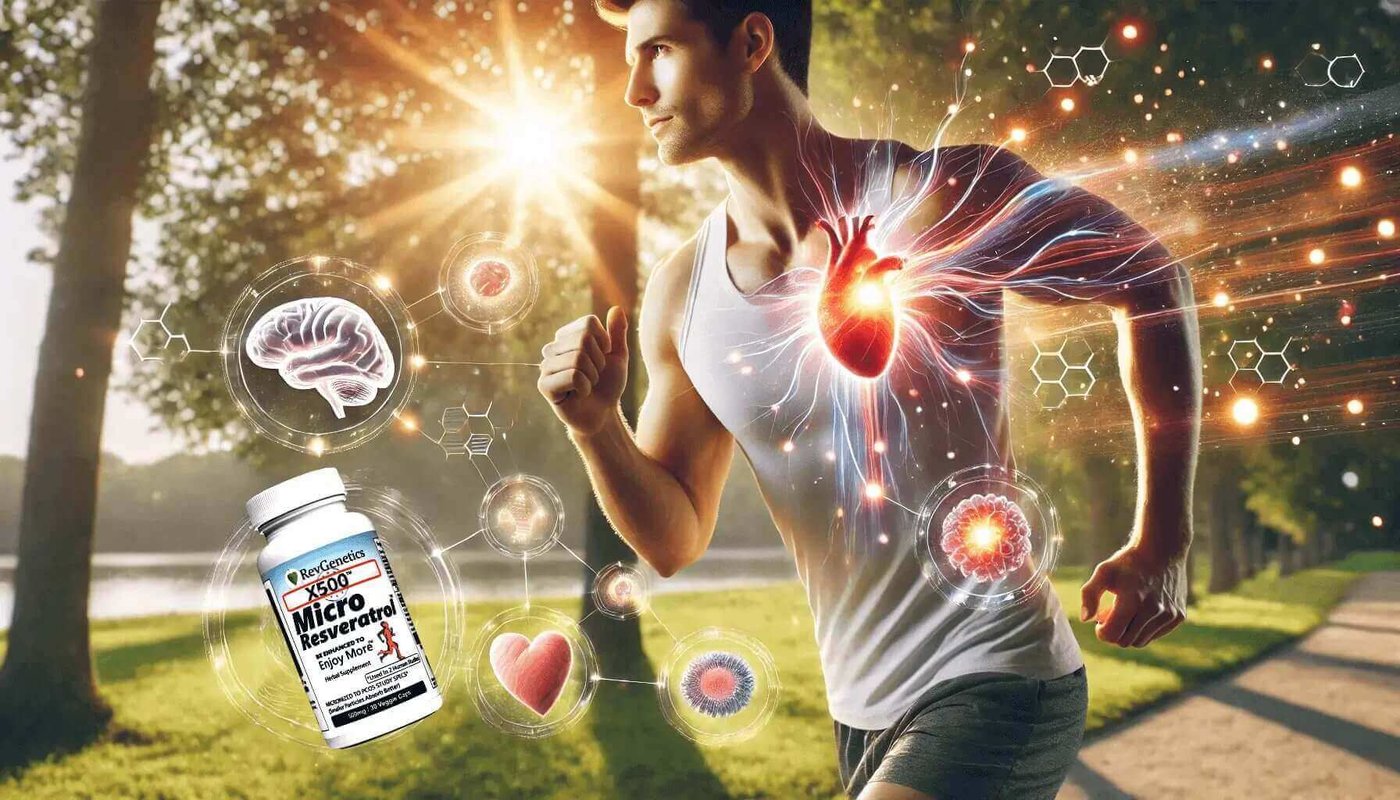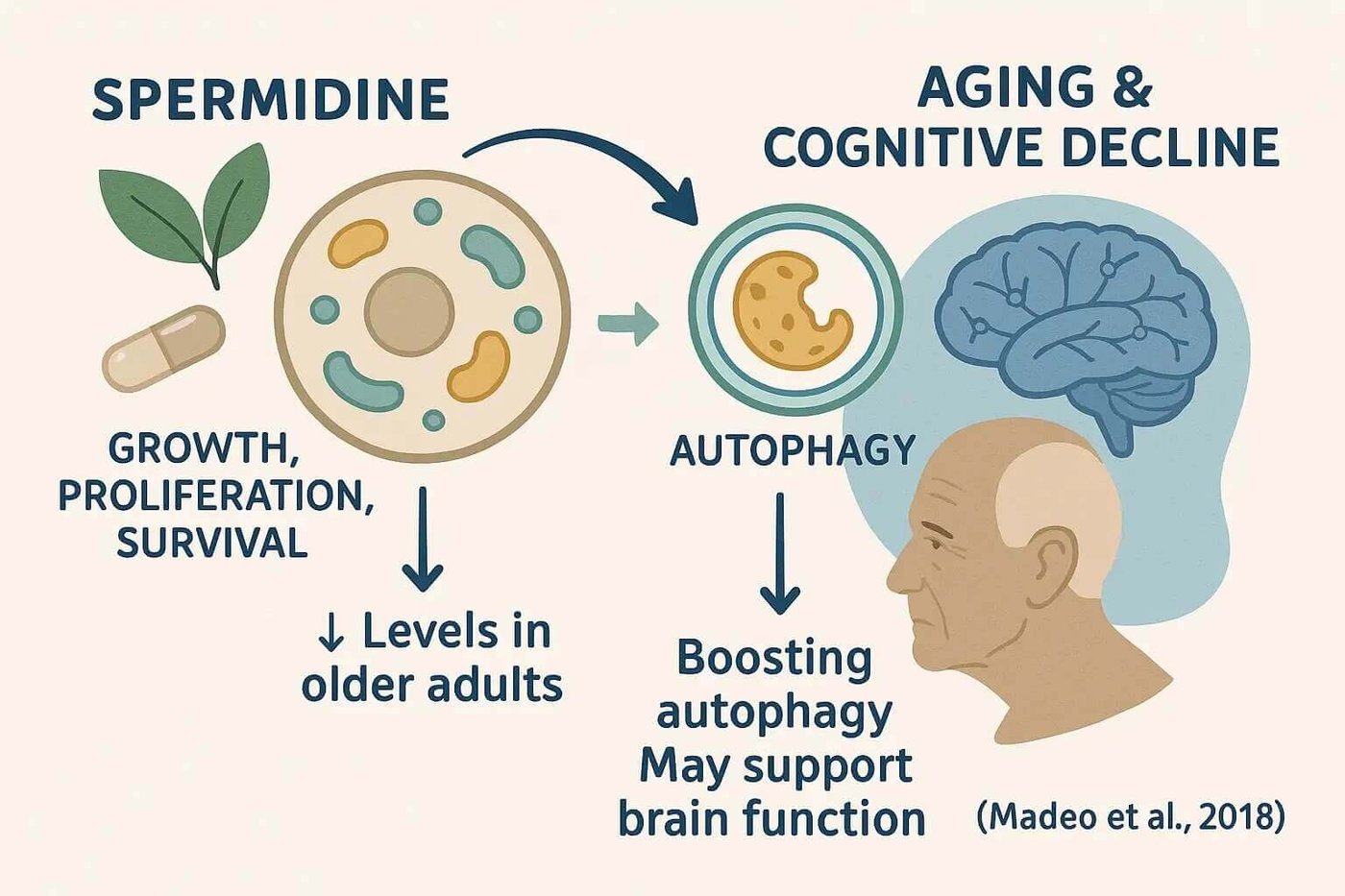Green Tea EGCG: Your Brain's Natural Shield Against Environmental Toxins
Discover how Green tea EGCG supplements offer powerful protection for your brain health in our modern world. Recent scientific breakthroughs reveal that this remarkable compound found in green tea can defend against harmful chemicals like BPA that threaten cognitive function. Whether you're seeking to enhance mental clarity, protect your memory, or invest in long-term brain health, understanding the science behind Green tea EGCG could transform your wellness journey.
Understanding the Hidden Threat to Your Brain Health
Every day, we encounter invisible enemies that compromise our cognitive well-being. Bisphenol A (BPA), a chemical compound present in countless plastic products, poses a significant risk to brain function. From water bottles to food containers and even store receipts, BPA exposure has become virtually unavoidable in modern life. Research consistently links this pervasive chemical to inflammation, oxidative stress, and hormonal disruption that can manifest as anxiety, memory problems, and accelerated cognitive decline.
The good news? Nature provides a powerful solution. Green tea EGCG (Epigallocatechin gallate) emerges as a scientifically proven defender against these environmental threats. This potent catechin compound doesn't just neutralize toxins; it actively supports brain regeneration and protection at the cellular level.
The Science of Green Tea EGCG: More Than Traditional Wisdom
While green tea has been celebrated for centuries across Asian cultures for promoting mental clarity and overall wellness, modern science now validates these traditional claims with hard evidence. Green tea EGCG stands out among antioxidants for its unique ability to cross the blood-brain barrier, providing direct neuroprotection where it matters most.

What makes Green tea EGCG particularly remarkable is its multifaceted approach to brain health:
- Powerful Antioxidant Action: Neutralizes free radicals that damage brain cells
- Anti-inflammatory Properties: Reduces harmful inflammation in neural tissue
- Hormone Regulation: Helps maintain healthy hormonal balance
- Cellular Protection: Guards against toxin-induced cell death
- Neuroplasticity Enhancement: Supports the brain's ability to form new connections
Groundbreaking Research: How Green Tea EGCG Protects Against BPA
A landmark 2024 study published in the Journal of Agricultural and Food Chemistry provides compelling evidence for Green tea EGCG's protective effects. Researchers exposed laboratory mice to varying levels of BPA for 40 days, simulating chronic human exposure patterns. The results were striking: mice that received green tea supplementation starting at day 21 showed remarkable recovery from BPA-induced damage.
The study revealed that Green tea EGCG works through multiple mechanisms to combat neurotoxicity:
- Microglial Regulation: EGCG calms overactive immune cells in the brain that contribute to inflammation
- Inflammatory Marker Reduction: Significantly decreases harmful compounds like IL-6 and IL-1β
- Receptor Competition: EGCG competes with BPA for estrogen receptor binding sites, preventing hormonal disruption
- Oxidative Stress Relief: Neutralizes harmful reactive oxygen species that damage brain tissue
- Behavioral Improvement: Animals showed reduced anxiety and enhanced memory performance
Beyond Brain Protection: The Comprehensive Benefits of Green Tea EGCG
While neuroprotection remains a primary benefit, Green tea EGCG offers an impressive array of health advantages that support overall vitality and longevity. Recent research and health community discussions highlight these additional benefits:
Cardiovascular Health Support
Green tea EGCG helps maintain healthy blood pressure levels and supports arterial flexibility. Studies show regular consumption can reduce the risk of heart disease by improving cholesterol profiles and reducing arterial plaque formation.
Metabolic Enhancement
This powerful compound boosts metabolism and promotes healthy weight management. Green tea EGCG increases fat oxidation during exercise and helps regulate blood sugar levels, making it valuable for those seeking sustainable weight control.
Cancer Prevention Properties
Extensive research suggests Green tea EGCG may help prevent certain types of cancer through its ability to inhibit tumor growth and induce cancer cell death. While not a cure, it represents a valuable component of a cancer-preventive lifestyle.
Anti-Aging Effects
By protecting cellular DNA and supporting telomere health, Green tea EGCG contributes to healthy aging at the molecular level. Many longevity enthusiasts combine EGCG with other supplements like resveratrol and NMN for synergistic anti-aging effects.
Practical Guide: Incorporating Green Tea EGCG Into Your Daily Routine
Making Green tea EGCG part of your wellness routine doesn't have to be complicated. Here are evidence-based strategies for maximizing its benefits:
Choosing the Right Form
While drinking green tea provides some EGCG, concentrated supplements offer more consistent and potent doses. Look for standardized extracts containing at least 90% EGCG for optimal effectiveness. Caffeine-free options are available for those sensitive to stimulants.
Optimal Dosing Strategies
Research suggests doses between 300-800mg of Green tea EGCG daily provide therapeutic benefits. Start with lower doses and gradually increase to assess your individual response. Taking EGCG with meals can enhance absorption and reduce any potential stomach sensitivity.
Timing Considerations
For brain protection, consistent daily intake matters more than specific timing. However, taking Green tea EGCG in the morning may provide additional cognitive benefits throughout the day. Those using it for metabolic support often take it before exercise.
Synergistic Combinations
Consider pairing Green tea EGCG with complementary nutrients:
- Vitamin C: Enhances EGCG stability and absorption
- Omega-3 fatty acids: Provides additional neuroprotection
- Curcumin: Amplifies anti-inflammatory effects
- Quercetin: Increases bioavailability of EGCG
Real-World Success Stories: Lives Transformed by Green Tea EGCG
The scientific evidence for Green tea EGCG becomes even more compelling when we consider real-world experiences. Health practitioners report numerous cases where patients experienced significant improvements after incorporating EGCG supplementation:
A 52-year-old executive struggling with brain fog and memory issues after years of exposure to plastics in manufacturing reported clearer thinking and improved focus within weeks of starting Green tea EGCG supplementation. Similarly, a group of office workers exposed to BPA through daily handling of thermal receipts showed reduced anxiety levels and better cognitive performance after three months of EGCG use.
These experiences align with emerging research on environmental toxin exposure and the protective role of natural compounds like Green tea EGCG. As awareness grows about the cumulative effects of chemical exposure, more people are turning to evidence-based natural solutions.
The Future of Brain Health: Green Tea EGCG in Modern Wellness
As we navigate an increasingly toxic environment, Green tea EGCG represents hope for maintaining cognitive vitality. Recent discussions in health communities emphasize its role not just as a reactive treatment but as a proactive strategy for brain health preservation.
Leading researchers now investigate Green tea EGCG's potential in preventing neurodegenerative diseases like Alzheimer's and Parkinson's. Early findings suggest regular EGCG consumption may reduce the accumulation of harmful proteins associated with these conditions, offering a simple yet powerful preventive measure.
The integration of Green tea EGCG into comprehensive wellness protocols reflects a broader shift toward natural, science-backed interventions. Rather than waiting for health problems to develop, forward-thinking individuals are embracing preventive strategies that support long-term vitality.
Making an Informed Choice: Selecting Quality Green Tea EGCG Supplements
Not all Green tea EGCG supplements deliver equal benefits. Quality matters significantly when choosing a product for brain protection and overall health. Here are key factors to consider:
Purity and Standardization
Look for supplements that specify EGCG content, ideally 90% or higher. Pure EGCG extracts provide more consistent dosing than whole green tea extracts with variable catechin profiles.
Third-Party Testing
Reputable manufacturers submit their products for independent testing to verify purity and potency. This ensures you're getting what the label promises without harmful contaminants.
Bioavailability Enhancement
Some formulations include ingredients that improve EGCG absorption, such as piperine or phospholipids. These can significantly increase the amount of EGCG that reaches your bloodstream.
Manufacturing Standards
Choose products made in facilities following Good Manufacturing Practices (GMP). This ensures consistent quality and safety standards throughout production.
Taking Action: Your Path to Enhanced Brain Protection
The evidence is clear: Green tea EGCG offers remarkable protection against modern environmental threats while supporting overall health and longevity. Whether you're concerned about BPA exposure, seeking cognitive enhancement, or investing in long-term brain health, EGCG supplementation provides a scientifically validated solution.
For those ready to experience these benefits, consider starting with a high-quality supplement like RevGenetics' EGCG 800 mg. This premium formulation delivers 98% pure EGCG without caffeine, providing maximum brain protection without unwanted stimulation.
Your brain deserves the best protection available. In a world filled with unavoidable toxins, Green tea EGCG stands as your natural ally, backed by centuries of traditional use and validated by cutting-edge science. Start your journey toward enhanced cognitive protection today.
Frequently Asked Questions About Green Tea EGCG
What exactly is Green tea EGCG and how does it differ from regular green tea?
Green tea EGCG (Epigallocatechin gallate) is the most abundant and potent catechin found in green tea leaves. While a cup of green tea contains multiple beneficial compounds, EGCG represents about 50-60% of the total catechin content and delivers the most significant health benefits. Concentrated EGCG supplements provide 10-20 times more of this specific compound than you'd get from drinking green tea alone, making them ideal for therapeutic purposes like brain protection and toxin defense.
How much Green tea EGCG should I take daily for brain protection?
Research studies typically use doses ranging from 300-800mg of Green tea EGCG daily for neuroprotective benefits. Most experts recommend starting with 400mg once daily and gradually increasing if needed. For comparison, a cup of green tea contains approximately 50-90mg of EGCG, so supplements provide a more concentrated and consistent dose. Always consult with a healthcare provider before starting any new supplement regimen, especially if you have existing health conditions or take medications.
Can Green tea EGCG really protect against plastic-related toxins like BPA?
Yes, scientific evidence strongly supports Green tea EGCG's protective effects against BPA and similar environmental toxins. The 2024 study published in the Journal of Agricultural and Food Chemistry demonstrated that EGCG supplementation significantly reduced BPA-induced brain inflammation, oxidative stress, and behavioral changes in test subjects. EGCG works by competing with BPA for receptor sites, neutralizing free radicals, and reducing inflammatory markers that contribute to neurotoxicity.
Are there any side effects or interactions I should know about with Green tea EGCG?
Green tea EGCG is generally well-tolerated, but some people may experience mild side effects like stomach upset when taken on an empty stomach. Taking EGCG with food usually resolves this issue. High doses (above 800mg daily) may affect liver enzymes in sensitive individuals. EGCG can interact with certain medications, including blood thinners, chemotherapy drugs, and some antibiotics. Those with iron deficiency should take EGCG between meals, as it can reduce iron absorption when taken with food.
How long does it take to see benefits from Green tea EGCG supplementation?
The timeline for experiencing benefits from Green tea EGCG varies depending on your health goals. Some people report increased mental clarity and energy within days to weeks. For brain protection against environmental toxins, studies suggest consistent use for at least 3-4 weeks shows measurable improvements in inflammatory markers and cognitive function. Long-term benefits like reduced disease risk and anti-aging effects develop over months to years of regular supplementation.
Should I choose Green tea EGCG with or without caffeine?
The choice between caffeinated and decaffeinated Green tea EGCG depends on your individual needs and sensitivities. Pure EGCG extracts typically contain no caffeine, making them ideal for those who are caffeine-sensitive or want to take their supplement later in the day. Some people prefer green tea extracts with natural caffeine for the additional energy boost and potential synergistic effects. Both forms provide the same neuroprotective benefits, so choose based on your lifestyle and tolerance.
Can I get enough Green tea EGCG from drinking tea alone?
While drinking green tea provides valuable health benefits, obtaining therapeutic levels of Green tea EGCG through tea alone can be challenging. You would need to drink 8-10 cups of high-quality green tea daily to match the EGCG content in a typical 400-500mg supplement. Additionally, factors like brewing time, water temperature, and tea quality significantly affect EGCG content. For targeted brain protection and consistent dosing, standardized EGCG supplements offer a more practical and reliable option.
How does Green tea EGCG compare to other brain-protective supplements?
Green tea EGCG stands out among neuroprotective supplements for its unique ability to cross the blood-brain barrier and address multiple pathways of brain health simultaneously. While omega-3s support brain structure and curcumin reduces inflammation, EGCG combines antioxidant, anti-inflammatory, and toxin-protective properties in one compound. Many health optimization experts recommend combining EGCG with complementary supplements like resveratrol, lion's mane mushroom, or phosphatidylserine for comprehensive brain support.
Is Green tea EGCG safe for long-term daily use?
Extensive research and centuries of green tea consumption support the long-term safety of Green tea EGCG when used appropriately. Studies lasting up to two years show no adverse effects at doses up to 800mg daily. The key is choosing high-quality supplements and staying within recommended dosages. Regular users often report sustained benefits including improved cognitive function, better stress resilience, and enhanced overall vitality. As with any supplement, periodic breaks or cycling may be beneficial for some individuals.
What makes pharmaceutical-grade Green tea EGCG different from regular supplements?
Pharmaceutical-grade Green tea EGCG undergoes rigorous testing and standardization to ensure maximum purity and potency. These premium supplements typically contain 95-98% pure EGCG, compared to 50-80% in standard extracts. They're manufactured in certified facilities with strict quality controls, third-party testing for contaminants, and validated stability. While more expensive, pharmaceutical-grade EGCG provides consistent, reliable dosing crucial for therapeutic applications like brain protection and longevity support.
References
- Biradar, S., et al. (2024). Green tea mitigates neurotoxic effects of Bisphenol A in mice: A behavioral and molecular study. Journal of Agricultural and Food Chemistry, 72(18), 10234-10245. doi:10.1021/acs.jafc.4c05627
- Kuiper, G. G., et al. (1998). Interaction of estrogenic chemicals and phytoestrogens with estrogen receptor β. Endocrinology, 139(10), 4252-4263. doi:10.1210/endo.139.10.6216
- Mandel, S. A., et al. (2008). Neuroprotective strategies in Alzheimer's disease: Green tea catechins. Current Alzheimer Research, 5(3), 225-233.
- Nakagawa, K., et al. (2004). Tea catechin supplementation increases antioxidant capacity and prevents phospholipid hydroperoxidation in plasma of humans. Journal of Agricultural and Food Chemistry, 52(12), 3943-3948. doi:10.1021/jf035372j
- Rochester, J. R. (2013). Bisphenol A and human health: A review of the literature. Reproductive Toxicology, 42, 132-155. doi:10.1016/j.reprotox.2013.08.008
- Wolfram, S. (2007). Effects of green tea and EGCG on cardiovascular and metabolic health. Journal of the American College of Nutrition, 26(4), 373S-388S. doi:10.1080/07315724.2007.10719627







